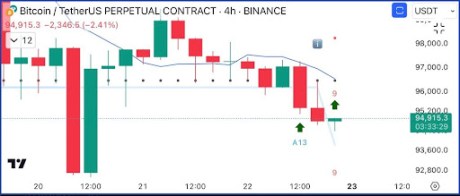The latest Dapp Digest highlights an undeniable truth: the world of decentralized applications is growing fast. And it’s only set to intensify with the forthcoming launch of TRON 4.0, which will introduce cross-chain interoperability and customized blockchain-based apps for enterprise.
dApps Break the $10B Volume Barrier
dApps are becoming easier to build and simpler to use, with well over 1,600 active titles now available to a community of 100,000 daily users. Despite the economic downturn that has touched everything in 2020, DeFi apps had a combined volume of over $11 billion in the first three months of the year, up by over 50% since Q4 of 2019. What’s more, the total volume within DEXs has surpassed the $2 billion mark for the first time. Still, a note of caution has been sounded by none other than Vitalik Buterin, who warned against emphasizing “flashy DeFi things that give you fancy high-interest rates.”
Industry heavyweights TRON and Ethereum continue to slug it out for market dominance. While the former remains the most active blockchain as measured by daily active dApp users, Ethereum is the most popular choice for developers – as evidenced by the fact that half of the functioning dApps are based on the smart contract platform. There are many good reasons for this, from Ethereum’s powerful network effects and 51% attack resistance to its busy community of programmers, engineers and developers. The preponderance of Layer 2 scaling solutions, from Plasma to Matic, doesn’t hurt either.
Why High-Risk dApps Are Never Out of Fashion
dApps that offer a high risk-reward – including casinos that accept cryptocurrency, investment games, and blockchain-powered financial simulations – still constitute the bulk of volume growth and active users, as far as new entries are concerned. In fact, the number of active users in the first quarter of the year is already 80% of the figure for the entirety of 2019.
New players are entering the space too, not just in terms of dApps built by third-party developers but also fresh blockchain platforms. Take BORA, for instance. The gaming-centric South Korean blockchain is in the process of rolling out action, adventure, and RPG games, powering them with native SHELL and BORA tokens, which are tradeable on Upbit and Bittrex. User numbers are currently modest, but the games it intends to integrate with its blockchain tech already boast over 50 million players. Watch this space.
Hive-Mind Gamers Flee the Good Ship Steem
Elsewhere, the fallout from the partnership between Steemit and TRON, which provoked a hard fork of the former and the birth of Hive, has set tongues wagging. When the dust settled, Splinterlands – the biggest dApp on the Steem network – moved to Hive and quickly became #1 there. In fact, Hive has outperformed its rival chain in terms of transaction numbers since the hard fork occurred in late March.
What is the future of decentralization applications? Much will depend on the success of TRON 4.0, developments in Ethereum’s mooted fee model in response to climbing gas costs, developments in EOS, the quality of titles brought to market, and the sustainability of the rapidly expanding DeFi landscape. Thanks to dramatic UX improvements, the leading dApps of 2020 are already streets ahead of their forerunners in terms of usability. Now they just need the users to prove that dApps are the future of web applications.
Image by Ryan McGuire from Pixabay




